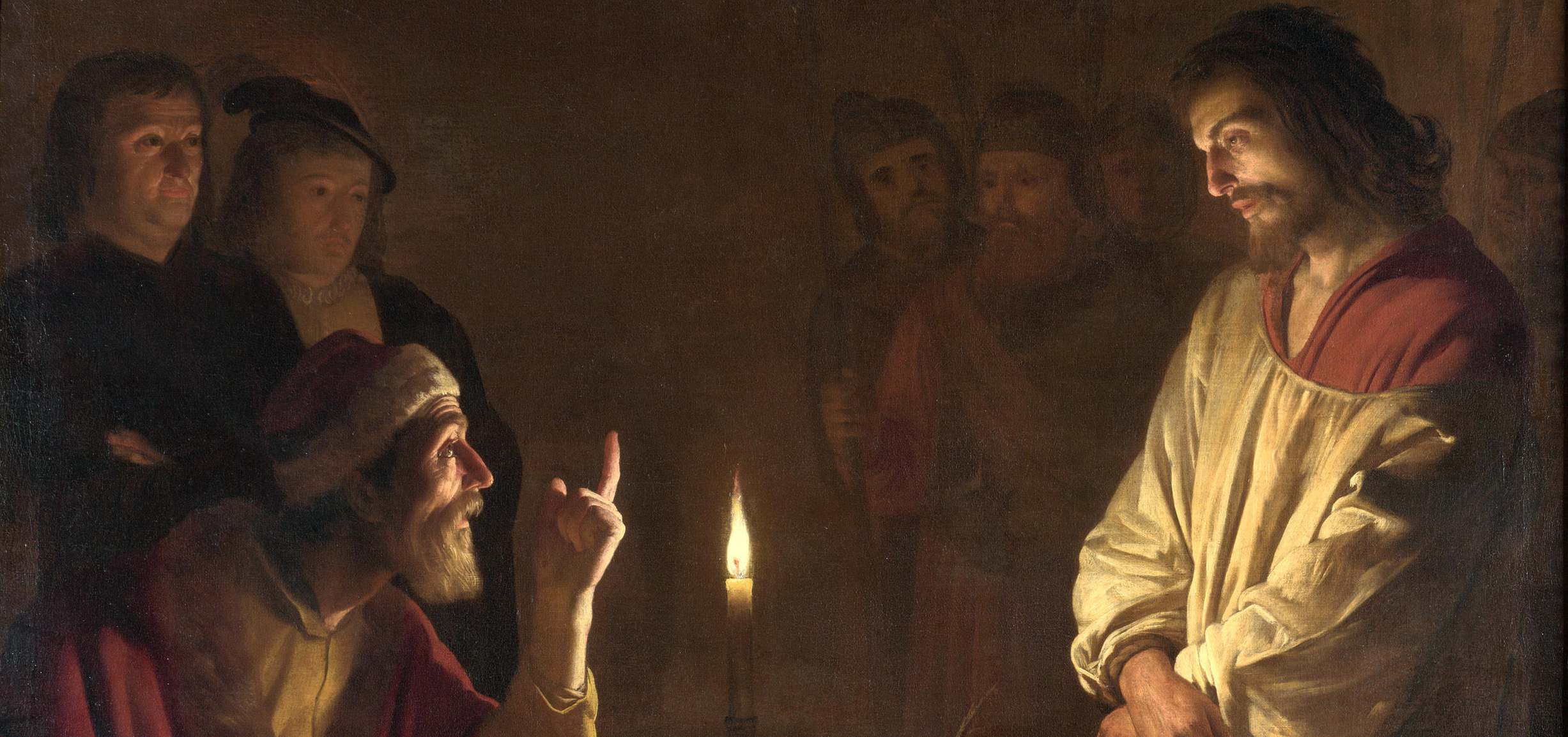These posts are born out of a discussion, which can be found here, between Jacob Hootman and myself regarding the ACNA Book of Common Prayer 2019. In part, I had been commenting upon a podcast from Beeson Divinity School wherein Fr. Ben Jeffries states, “The very beating heart, the north star for the whole revision process, was the 1662 prayer book. If we couldn’t justify it in conversation with the 1662 prayer book, it was pretty close to being off the table out of the gate…the conviction and the hope is that upon study and use the 2019 prayer book will be seen to be in the same spirit as the 1662.” This discussion, then, revolves around whether or not the 2019 BCP exists in the same “spirit” as the 1662 Book of Common Prayer, but it is not about the merits of the 2019 as a standalone prayer book.
Part 1 can be found here.
I am not going to spend a good deal of time here arguing about whether or not variation within the liturgy is a positive or a negative. The 1928 opened that door a long time ago, and while I believe this to be antithetical to Common Prayer, the cat does seem to be rather out of the bag, at least here in the United States.
Of far greater concern is the 2019 BCP’s continuance of the 1979’s habit of making items of theological contention “optional,” in order to provide as wide a berth as possible for variants within Anglicanism. Take for example the Prayer of Humble Access, perhaps the crown jewel of all the traditional prayers—it is still merely optional. There is also the maintenance of the optional Anglo-Catholic items, such the Agnus Dei, the Fraction, and the Invitation, which appears to have taken an even more Anglo-Catholic bent since the ‘79.
And while some elective items have been reined in (for example, the Confession in Holy Communion), the attitude of making contentious points optional seems to have been extended even further in other areas. The Nicene Creed is one example, with its (now infamous) controversy surrounding the filioque. “Documentary Foundations” attempt to offer some clarity here, but in the end the text simply “encourages” the use of the normative form, leaving one of the greatest controversies in Christendom as choose-your-own-adventure, and likely creating further division between traditional Anglicans and those of the more Liturgical Movement flavor.
There is also the subject of baptismal regeneration, a staple of traditional Anglican theology since the beginning. Nearly every reference to baptismal regeneration is removed from the 2019. To be sure, Jacob notes that one reference remains in the prayer book, but with this rubric,
“In the Thanksgiving over the Water, the words ‘made regenerate’ may be replaced by the words ‘born again.’”
That rubric, then, removes the last mention of it in the baptismal rite. On top of that Fr. Jeffries admits that this was done to please those who feel uncomfortable with it. Yes, the rubric continues on to make the case that regeneration is Biblical and Anglican, but if we’re making concessions on the most basic tenets of Anglicanism, then what’s the point? The rubric carries about as much weight as my finger wagging on Twitter.
What of the spirit of the 1662? Fr. Jeffries states that the 1662 is essentially, like the 2019, a grand compromise, with concessions made by all parties in order to get a Prayer Book that pleased everyone. This isn’t quite the case. You see, Richard Baxter took meticulous notes of all of the proceedings at Savoy, down to verbatim quotes, and these notes paint a picture of Presbyterians desperately trying to tear down the 1604 Prayer Book, while the Anglicans spend all of their time defending it. In the end, despite a few minor concessions, the 1662 ends up a slight variation on the 1604, which is virtually identical to the 1552/59. The Presbyterians, quite unhappy, split from the Church soon after.
What occurs then is the opposite of the 2019. The 1662 represents a clear core of doctrine, backed up by the 39 Articles, the Canons, and the Homilies. There’s none of this dancing around and winking and nudging to claim something that isn’t clearly there. It’s all in plain sight, with very little room for clergy to do things as they see fit.
I would argue, though, that this simplicity actually allows for the very thing the 2019 is trying to achieve: it states what is inherently Anglican, but then allows for leeway once you get outside the Prayer Book. Cosin’s views on Prayers for the Dead are an excellent example of this, as are the many instances of customs considered by individual clergy to be Patristic, yet not fully agreed upon, such as the consecration of vessels, various forms of reverence, and private confession, not to mention libraries that could be filled with books full of alternative prayer services.
On the other hand, the 2019 BCP attempts to take the opposite approach. It’s a large box, outside of which is “not Anglican,” but within the box everything is allowed. Unfortunately, not everything in the box can be agreed upon, and so this results in further contention, rather than unity. The implications of items such as sacramentals, direct intercession for the dead, and the filioque are quite large and should not be viewed with a simple “you do you, man.” If the bishops decide that these items are now a part of the tradition, great, make every single church use them, but everyone knows that will never happen. Rather, we should return to the bedrock of the tradition as a focal point of unity, because until then the ACNA will be unable to deal with its fundamental flaws.

